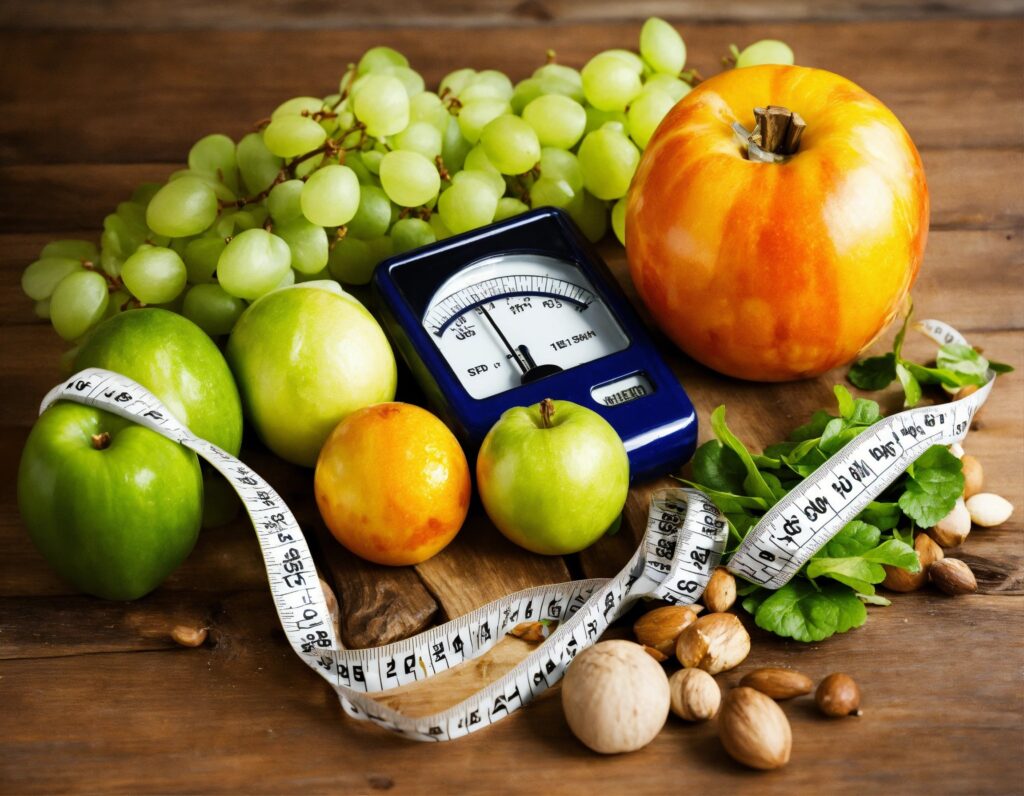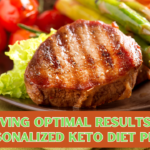In today’s fast-paced world, maintaining a healthy lifestyle is more important than ever. Two crucial elements of this lifestyle are nutrition and physical activity. Both play integral roles in ensuring overall well-being and preventing various health issues, including obesity and chronic diseases.

Understanding the Importance of Nutrition
Nutrition forms the foundation of good health. A well-balanced diet provides essential nutrients necessary for the body’s optimal functioning. These include carbohydrates, proteins, fats, vitamins, and minerals. Each nutrient serves a specific purpose, contributing to various bodily functions such as energy production, tissue repair, and immune system support.
Consuming a diverse range of foods ensures that your body receives all the nutrients it needs to thrive. Incorporating plenty of fruits, vegetables, whole grains, lean proteins, and healthy fats into your diet is essential for maintaining optimal health.
Exploring Physical Activity
In addition to proper nutrition, regular physical activity is vital for overall health and well-being. Exercise offers a myriad of benefits, including improved cardiovascular health, increased strength and flexibility, and enhanced mood and mental well-being.
There are many forms of physical activity, ranging from aerobic exercises like walking, jogging, and swimming to strength training, yoga, and recreational sports. Finding activities that you enjoy makes it easier to stay motivated and consistent with your exercise routine.

The Relationship Between Nutrition and Physical Activity
Nutrition and physical activity are intricately linked. The food you eat provides the fuel your body needs to perform physical activities effectively. Likewise, engaging in regular exercise can influence your nutritional needs by increasing energy expenditure and nutrient utilization.
Maintaining a balance between nutrition and physical activity is essential for optimizing performance, recovery, and overall health. Eating a well-balanced diet ensures that your body has the necessary nutrients to support physical activity, while exercise helps regulate metabolism and promote healthy weight management.
Achieving Healthy Weight through Nutrition and Physical Activity
One of the primary goals of combining nutrition and physical activity is achieving and maintaining a healthy weight. Obesity rates continue to rise globally, contributing to a host of health problems, including heart disease, diabetes, and certain cancers.
By adopting a balanced diet and incorporating regular exercise into your routine, you can effectively manage your weight and reduce your risk of obesity-related complications. Focus on consuming whole, nutrient-dense foods and engaging in a mix of cardiovascular and strength-training exercises for optimal results.

Role of Nutrition and Physical Activity in Preventing Obesity
The Centers for Disease Control and Prevention (CDC) emphasizes the importance of nutrition and physical activity in preventing obesity and related health issues. Making healthy lifestyle choices, such as eating a nutritious diet and staying physically active, can significantly reduce the risk of obesity and its associated complications.
Addressing overweight and obesity requires a multifaceted approach that includes dietary modifications, increased physical activity, and behavior change strategies. Small, sustainable changes over time can lead to significant improvements in weight and overall health.
Modest Weight Loss and Its Impact on Health
Even modest weight loss can have significant health benefits. Losing just 5% to 10% of your body weight can improve blood sugar control, reduce blood pressure, and lower cholesterol levels. These improvements not only reduce the risk of chronic diseases but also enhance overall quality of life.
Sustainable approaches to weight management focus on making long-term lifestyle changes rather than quick fixes or fad diets. By adopting healthy eating habits and incorporating regular exercise into your routine, you can achieve lasting results and maintain a healthy weight for life.
Practical Tips for Incorporating Nutrition and Physical Activity into Daily Life
Incorporating nutrition and physical activity into your daily routine doesn’t have to be daunting. Start by setting realistic goals and making small changes gradually. Focus on making healthier food choices, such as swapping processed snacks for whole foods and cooking more meals at home.
Find physical activities that you enjoy and make them a regular part of your routine. Whether it’s taking a brisk walk during your lunch break, attending a fitness class, or going for a bike ride with friends, find activities that bring you joy and keep you motivated to stay active.
Conclusion
Nutrition and physical activity are essential components of a healthy lifestyle. By prioritizing both, you can optimize your health, manage your weight, and reduce your risk of chronic diseases. Making small, sustainable changes to your diet and exercise routine can lead to significant improvements in overall well-being and quality of life.

FAQs (Frequently Asked Questions)
1. What role does nutrition play in physical activity?
– Nutrition provides the energy and nutrients necessary to support physical activity, ensuring optimal performance and recovery.
2. How does physical activity help with weight management?
– Physical activity increases energy expenditure, helping to burn calories and maintain a healthy weight when combined with a balanced diet.
3. What are some practical tips for incorporating physical activity into a busy schedule?
– Scheduling exercise sessions, finding activities you enjoy, and integrating movement into daily tasks can help make physical activity more manageable.
4. Can dietary supplements replace a balanced diet?
– While supplements can help fill nutrient gaps, they should not replace a varied and nutritious diet rich in whole foods.
5. How can I stay motivated to maintain a healthy lifestyle long-term?
– Setting realistic goals, finding social support, and focusing on the benefits of a healthy lifestyle can help keep you motivated over time.






